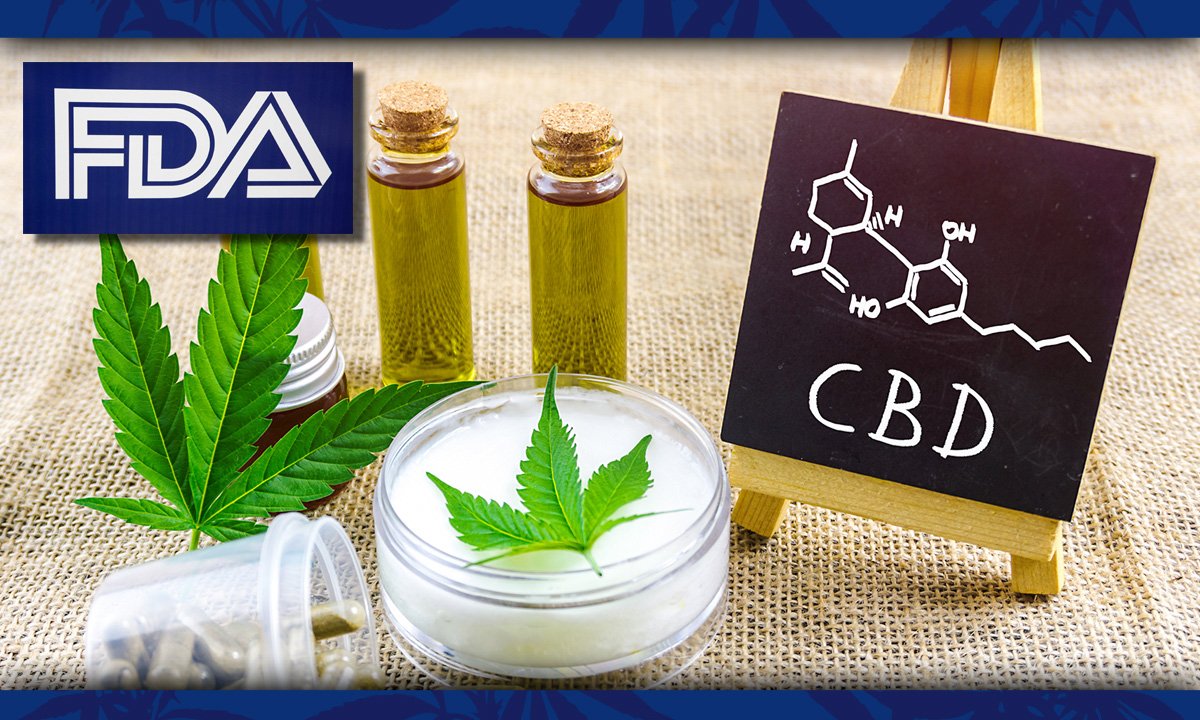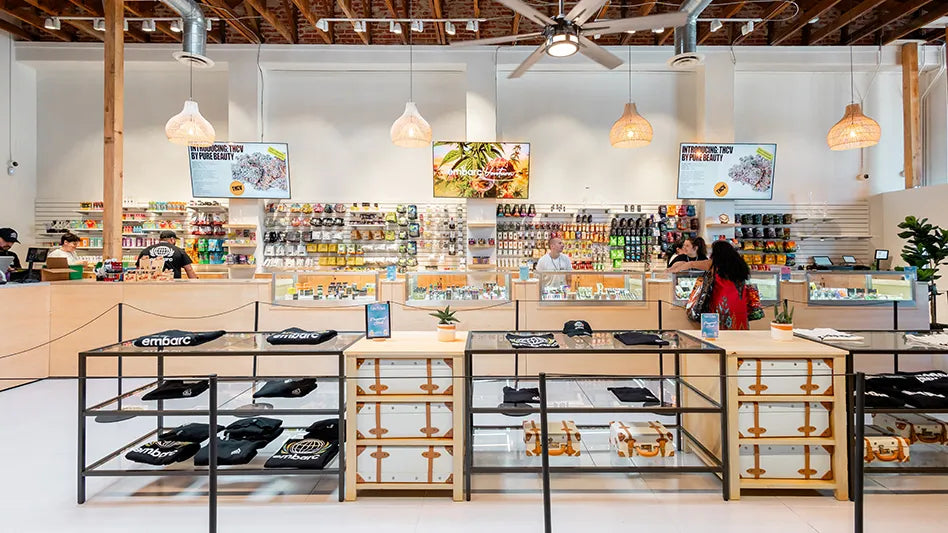The measure would have raised the legal limit for the amount of Delta-9 THC in industrial hemp plants to 1%, along with easing state licensing requirements.

There is a famous quote by the legendary Greek philosopher and scholar Socrates that goes, "There is only one good, knowledge, and only one evil, ignorance." There is no better example of those sage and timeless words than the current political dumpster fire that is the state of Virginia's treatment of the hemp plant.
"There is only one good, knowledge, and only one evil, ignorance."
- Socrates, Greek Philosopher and Scholar
Much like many states in the Mid-Atlantic region of the United States, Virginia's economy relies heavily on its agricultural sector. One crop that has been gaining momentum and popularity in the Cavalier state in recent years is hemp.
Going back to the pre-Revolutionary War era, hemp has been a vital and lucrative crop for farmers in Virginia. Two of the nation's Founding Fathers, George Washington and Thomas Jefferson, famously grew hemp on their Virginia plantations, and according to legend, the latter supposedly penned one of the original drafts of the "Declaration of Independence" on paper made from hemp.
With the passage of the 2018 Farm Bill, hemp cultivation became legal again across the country, and many eager and savvy farmers began growing the ancient plant just like their Tidewater forefathers before them.
While much of the media coverage concerning hemp has focused on the explosion of intoxicating hemp derivatives (IHDs), like delta-8 THC, as well as some of the dubious incidents involving minors and a few adults becoming ill after consuming those products, the primary use of the hemp plant if for industrial purposes, such as producing rope, clothing, eco-friendly building materials, animal grain, and a host of other items unrelated to consumable hemp-derived intoxicants.
In an attempt to bolster industrial hemp cultivation and production in the state, Virginia lawmakers recently attempted to introduce legislation that would adjust the legal definition of the plant. Currently, hemp, as defined by the Farm Bill, is any part of the cannabis sativa plant containing less than 0.3% delta-9 THC per dry weight.
For many farmers, that level is ridiculously too low, leading to vast amounts of hemp being destroyed each year following inspections and testing. According to multiple local and national media outlets, the new legislation (House Bill 1485), introduced by Del. Nicholas Freitas, R-Culpeper, and Del. Tony Wilt, R-Harrisonburg, would have raised the technical definition of hemp grown specifically for industrial purposes to 1% delta-9 THC.
However, despite the desperate need for the much-needed and logical change, members of the Agriculture, Chesapeake and Natural Resources committee voted 12-10 to table the measure, effectively killing its chances for passage during this legislative session.
According to Freitas, the whole purpose of the proposed legislation was to help distinguish between individuals growing industrial-grade hemp and those cultivating hemp for use in producing IHDs and other hemp-derived consumable products.
From the farmers' perspective, the increase to 1% would better allow for the naturally occurring range of THC present in hemp plants. In addition, raising the allowable limit would also enable more varieties to be grown in Virginia.
"We're trying to make it easier for people to engage in hemp farming within the commonwealth," Freitas said during the Agriculture, Chesapeake and Natural Resources committee meeting.
"We're trying to make it easier for people to engage in hemp farming within the commonwealth."
- Virginia State Del. Nicholas Freitas, R-Culpeper
Along with the THC percentage increase, the bill also would have exempted industrial hemp farmers from state licensing requirements, which many farmers contend are far too restrictive to attain.
The defeat is disheartening and frustrating for many in the Virginia agricultural community, who struggle daily to meet the challenging standard of 0.3% delta-9 THC. According to Jason Amatucci, president of the Virginia Hemp Coalition, farmers must harvest the hemp before it flowers or blooms to keep THC levels low. With such incredibly low THC levels required, many crops are destroyed following testing because they failed to meet the standard, negatively impacting potential revenue for the farmers.
"It's shackling our industry with red tape and wrapping it around our hands and feet. What we want to do is take away all these strict regulations farmers currently have," Amatucci said.
"It's shackling our industry with red tape and wrapping it around our hands and feet. What we want to do is take away all these strict regulations farmers currently have."
- Jason Amatucci, President of the Virginia Hemp Coalition
The issue is not just a Virginia problem. Both the American Farm Bureau Federation, a national farming advocacy group, and the National Association of State Departments of Agriculture support the increase to 1% for industrial hemp nationwide. With that relatively small yet powerful adjustment, the industry could expand greatly, generating more jobs and substantially more revenue.
"(There are too many) hoops they have to jump through to be able to grow industrial hemp for fiber and grain. We are not going to be able to expand our Virginia hemp industry until we can treat it more like corn," Amatucci said.
"(There are too many) hoops they have to jump through to be able to grow industrial hemp for fiber and grain. We are not going to be able to expand our Virginia hemp industry until we can treat it more like corn."
- Jason Amatucci, President of the Virginia Hemp Coalition
For many industry advocates and stakeholders, the economic and political math is simple and painfully straightforward. The resistance from specific lawmakers is baffling and discouraging. Hemp, as a fiber crop alone, has an incredibly high yield. According to research published by the National Institution for Health (NIH), hemp produces 250% more fiber than cotton and 600% more fiber than flax, making it cost-effective and profitable for producers.
The change has zero downside and only positive, tangible results if it eventually passes. Hopefully, lawmakers are only tabling the proposed legislation in the short term. If not, the only negative effect will be the number of jobs and farms lost due to the willful and detrimental ignorance on full display at the Virginia State Assembly.






































